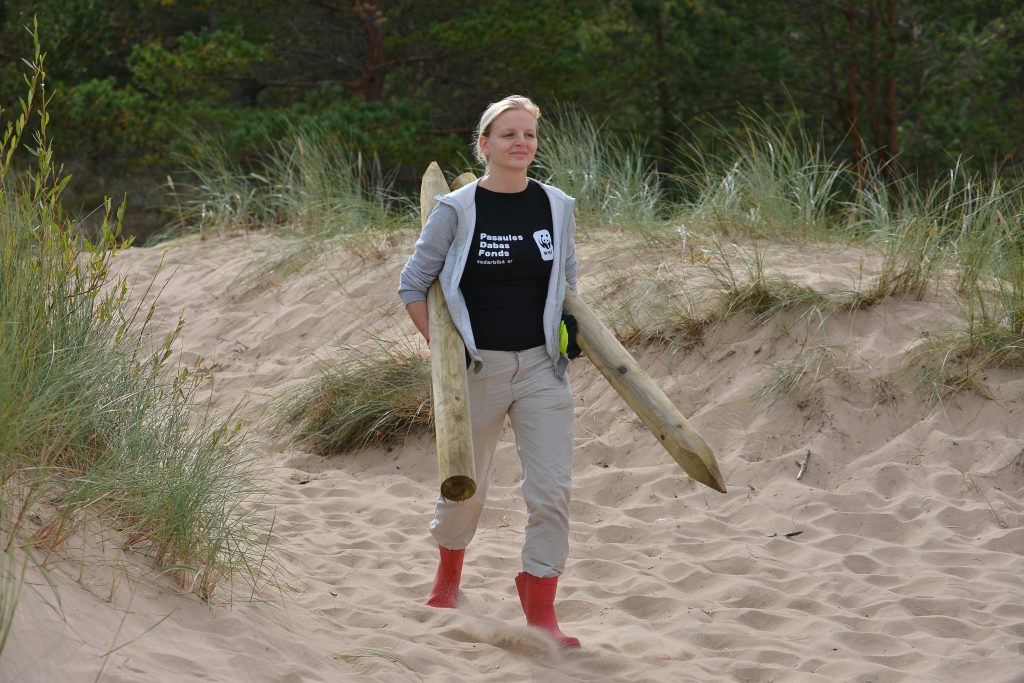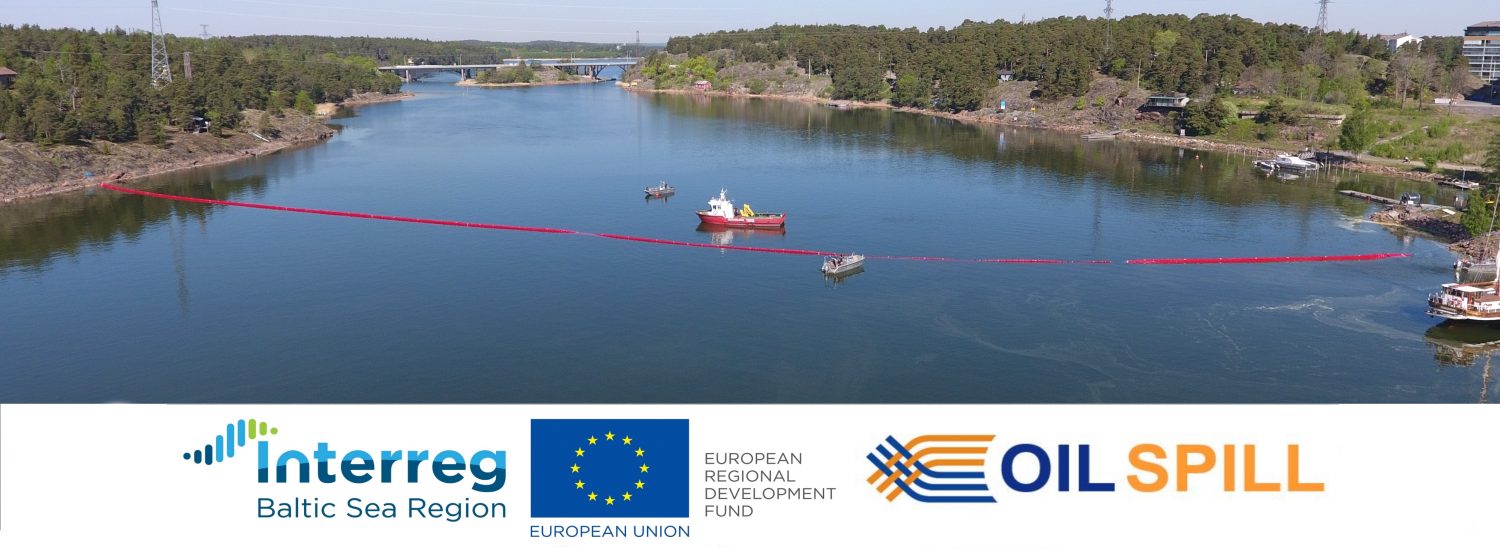Latvian Maritime Academy − Connecting Oil Spill Response Stakeholders in Latvia
Aleksandrs Pavlovics, Latvian Maritime Academy
The Latvian Maritime Academy (LMA) is the only institution in Latvia to provide higher maritime vocational education. In addition, our role is to ensure the balance of academic education, professional training, and practical skills to respond to the needs in the maritime industry. During the OIL SPILL Project, we have achieved a lot regarding this task.
We put a great effort in attracting and engaging experts from all segments, and in this Project, we have strengthened the operational collaboration between WWF Latvia, Coast Guard, Fire Service, and seaports. This has resulted in close cooperation, several practical exercises, material support, and enhanced networks. For instance, our personnel and various other stakeholders were included in the Coast Guard exercises, which is excellent.
The voluntary sector has really been activated for oil spill response (OSR) in Latvia. The kernel of a dedicated pool of volunteers and an e-learning platform have been established. We have also contributed to the coastal OSR operations by the involvement of sea cadets into the system. Simultaenously, the number of volunteers in OSR has increased drastically during the three years – from some tens to about three hundred.
OIL SPILL provided us with the contact to other OSR actors in the Baltic Sea Region. Now, we have been able to provide theoretical elements in the format of international “lessons learned” and guidelines into the general national system of emergency OSR in Latvia. In addition, the e-webinars in Spring 2021 were an excellent opportunity for us to hear and discuss these issues more, and later on, WWF Finland gave the Latvian counterparts a great online session on voluntary OSR.
WWF Latvia is not an actual partner within the OIL SPILL project, but it is the main provider of volunteers in case of an oil spill here. Therefore, I wanted to give the floor to Magda Jentgena who is the general coordinator of oil spill volunteers in WWF Latvia.

Interviewing the coordinator of oil spill volunteers Magda Jentgena: WWF Latvia protects the interests of the nature and future generations
Why have you have joined WWF Latvia? What do you like most about your job? I arrived at WWF Latvia completely by accident. I volunteered in WWF Malaysia marine programme a while ago, and after that I decided to volunteer in Latvia as well. After a short while as a volunteer a job opportunity presented itself, and now I lead the water programme in Latvia. My favourite part of the job is the diversity. No two days are the same. I get to meet people from different sectors, and work with colleagues from all around the world.
Your opinion: what is the role of WWF Latvia in the national system of environment protection? I think that we have an impartial role, where we do not represent the interests of any one party, but instead we protect the interests of nature and the future generations of which neither has a voice. We try to be this voice, and find a balance in which nature and people can live in harmony.
How many volunteers shall we expect in case of an oil spill? What could be the general profile of an average volunteer in Latvia: age, education and passion for input? Since the oilspill volunteer programme is very new in Latvia, we currently have around 150 volunteers, and I think in case of an accident we can expect about half of the volunteers to help out. Of course we expect this number to grow, and with training sessions we also hope to increase the dedication and responsibility that these volunteers feel towards this role. As for the average volunteer, it’s hard to say. Age-wise we have people from the ages of 18 (we do not accept younger volunteers due to the nature of the job) up to 60+. What we have noticed is that naturally, people who live by the sea are more interested in joining this programme, so we can deduce that the care for our immediate surroundings plays a part in choosing to become an oil spill volunteer.
What are the main challenges in creation of system of volunteers to be in preparedness and readiness? Starting a system from scratch is difficult. Starting with bureaucratic things such as creating contracts with all the volunteers, to developing a notification system which can be used in case of an accident, to practical things such as finding funding and organising regular volunteer training. There are many things which have to be set up to create a functioning system, which hopefully we will have soon enough, so that Latvia can become a good example in our region.

Leave a Reply